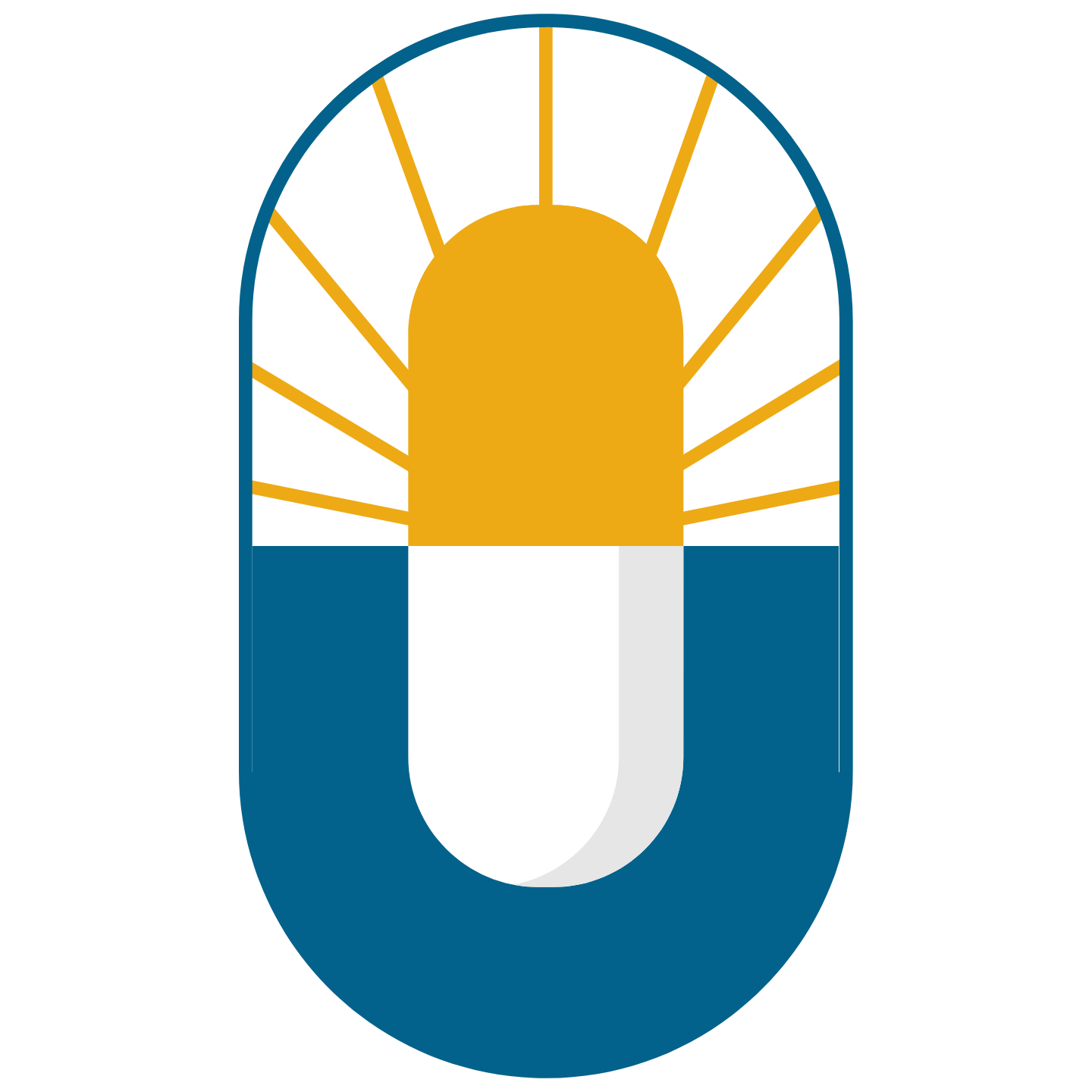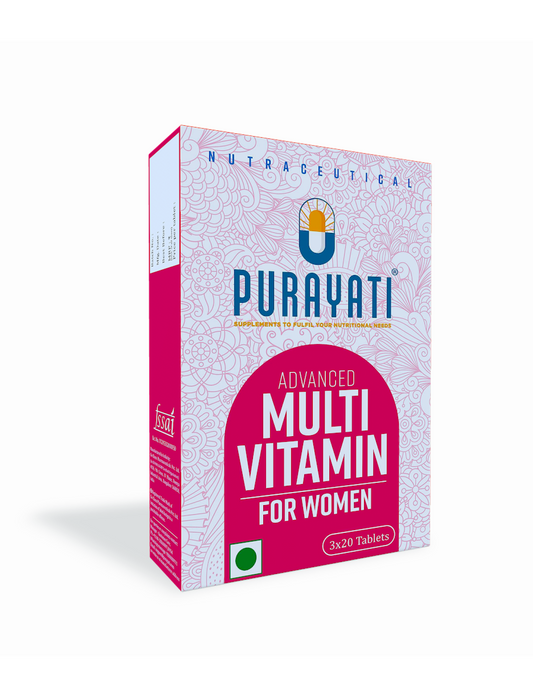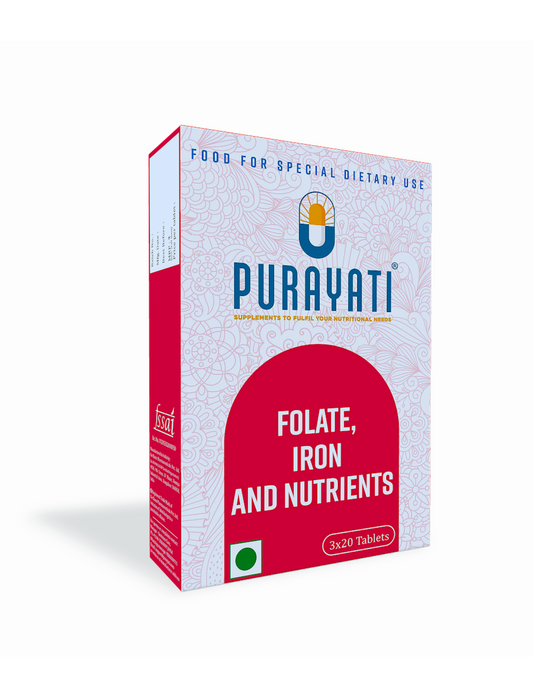Pregnancy is an incredible journey, but it also presents unique nutritional challenges. Your body needs to support both its own needs and the rapid development of your baby. This means ensuring you get enough of essential nutrients such as folic acid, iron, vitamin D, iodine, and calcium. So what roles do each of these nutrients play?
Folic Acid: Protecting Your Baby's Development
Folic acid, a B vitamin, plays a crucial role in preventing neural tube defects (NTDs) in the developing baby's brain and spinal cord. The recommended daily intake for pregnant women is 400 micrograms, ideally starting at least three months before conception and continuing throughout pregnancy. Sources of folic acid include leafy green vegetables, beans, lentils, and fortified cereals. However, prenatal vitamins are often recommended to ensure adequate intake.
| Click here to know more about Benefits of folic acid |
Iron: Delivering Oxygen for Growth
Iron is essential for carrying oxygen throughout your body and delivering it to your developing baby. During pregnancy, your blood volume increases significantly, raising your iron needs. The recommended daily intake jumps to 27 milligrams for pregnant women. Iron-rich foods include red meat, poultry, fish, beans, lentils, and dark leafy green vegetables. However, iron from plant sources is less readily absorbed. Therefore, pregnant women needs an iron supplement, especially vegetarians or those with low iron stores.
| Click Here to Know about Folate iron and nutrients |
Vitamin D: Building Strong Bones for Mother and Baby
Vitamin D plays a vital role in calcium absorption and building strong bones and teeth for both you and your baby. The recommended daily intake for pregnant women is 600 IU. While sunlight exposure can contribute to vitamin D levels, many pregnant women are deficient. Fatty fish, fortified foods, and a prenatal vitamin can help bridge the gap.
Iodine: Fueling Brain and Thyroid Development
Iodine is crucial for the development of your baby's brain and thyroid gland, which regulates metabolism and growth. The recommended daily intake is 150 micrograms. Sources include seafood, iodized salt, and dairy products. However, pregnant women, especially those who don't consume enough seafood or dairy, needs an iodine supplement.
Calcium: Building a Strong Foundation for Your Baby
Calcium is the building block for your baby's bones and teeth. The recommended daily intake for pregnant women is 1,000 milligrams. Dairy products, leafy green vegetables, and fortified foods are good sources. However, pregnant women needs a calcium supplement, especially those with lactose intolerance or limited dairy intake.
| Click Here to know Calcium rich indian foods |
Beyond the Big Five: Other Important Nutrients
While the nutrients mentioned above are crucial, there are other essential elements which are required to support a healthy pregnancy. These include:
Omega-3 fatty acids: Found in fatty fish and certain supplements, these fats are vital for your baby's brain and eye development.
Choline: This nutrient plays a key role in brain development and memory. Sources include eggs, meat, and some vegetables.
Vitamin B6: This vitamin helps with red blood cell production and nausea relief. Sources include bananas, potatoes, and poultry.
Vitamin C: This antioxidant supports your immune system and helps your body absorb iron. Sources include citrus fruits, bell peppers, and tomatoes.
Getting the Most Out of Your Diet
Here are some additional tips to optimize your diet during pregnancy:
Focus on whole foods: Prioritize fruits, vegetables, whole grains, and lean protein sources.
Drink plenty of fluids: Aim for eight to ten glasses of water per day.
Limit processed foods: These are often high in unhealthy fats, added sugar, and low in essential nutrients.
Read food labels: Pay attention to serving sizes and nutrient content to make informed choices.
Consider consulting a registered dietitian: They can help create a personalized plan based on your needs and preferences.

Remember, every pregnancy is unique. Consult your doctor regularly to discuss your specific nutritional needs and any concerns you may have. They can monitor your health, recommend appropriate supplements, and address any individual challenges you encounter.
By prioritizing a balanced diet rich in essential nutrients and seeking professional guidance, you can fuel a healthy pregnancy and give your baby the best possible start to life.
 |

|
 |



